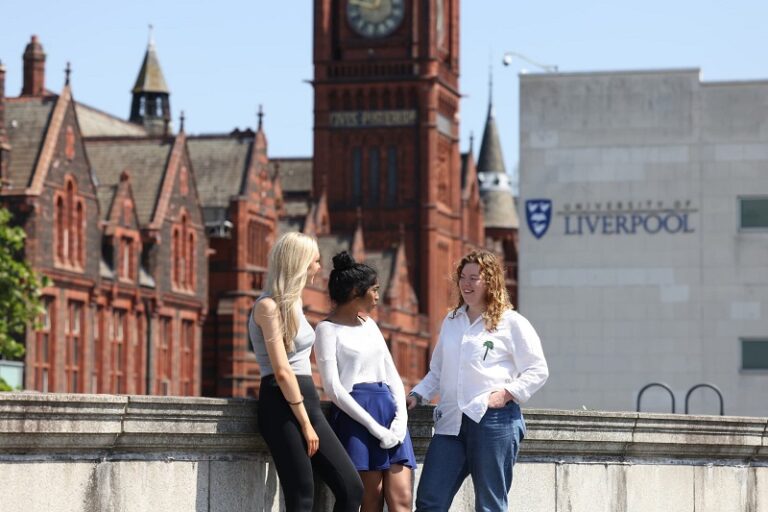Deadline: August 31, 2025
Applications are open for the University of Liverpool International Visiting Fellowship Programme 2025/2026. As part of its commitment to nurturing international research partnerships, the School of Law and Social Justice invites applications for incoming International Visiting Research Fellowships.
The scheme aims to attract academics from outside of the UK to develop or extend collaborations with existing staff and/or research clusters within the School. In line with their Global Strategy, they are particularly interested in establishing and enhancing sustainable and inclusive collaborations with academics in the Global South.
Benefits
Each Fellow will receive:
- Funding that may be used for travel, accommodation or subsistence. Funding will not be expected to exceed £2,500, but applications for enhanced support (up to a maximum of £5,000) will be available for collaborators from institutions and regions with more limited research resources (the final sum awarded will be at the discretion of the School)
- Full access to the Liverpool University library services and all other University services, including the sports facilities.
- Dedicated researcher office space within the School of Law and Social Justice building (subject to availability) and the Sydney Jones Library. Both are located on the south side of the University campus and only a short distance (10 minutes’ walk) from Liverpool city centre.
- An opportunity to participate in all of the research activities of the School, including those of the clusters relevant to their research.
Fellows will be expected to organise their own living accommodation but will be provided with information and support where possible. The school will assist candidates with visa applications where necessary.
Eligibility
- Applicants should be of postdoctoral status or have equivalent experience and must have the support of an academic member of staff based permanently in the School of Law and Social Justice. That academic member of staff will be responsible for hosting the visiting fellow if successful.
- While there is no fixed period for the fellowships, applications for placements of less than two weeks’ duration will not normally be considered.
Expectations
Fellows will be expected to develop new or extend existing research collaborations with staff or clusters in the School and outgoing Institution. As a minimum this will include the following:
- presenting a work-in-progress lecture or seminar;
- participating actively in the research events and activities of the School/research cluster, commensurate with their research;
- developing or extending collaborative links, via for example, joint publications and/or joint application/s for research funding;
- acknowledging School of Law and Social Justice support in any publications or other outputs resulting from their Fellowship;
- writing a short reflective blogpost on the international visiting fellowship for the School of Law and Social Justice blog.
- producing an ‘End of Fellowship’ report (of no more than 1,000 words) detailing their activities and achievements during the Fellowship.
Application
Applicants should submit a summary CV and complete the form with a proposal of up to 1,000 words addressing the following points:
- A short summary of research expertise and reasons for the research visit.
- A detailed outline of proposed activities for the duration of the visit.
- How your visiting fellowship will contribute to the research culture of the School of Law and Social Justice (this may include plans for collaborative funding bids, a contribution to staff or doctoral research training, development of collaborations).
- Details of the envisaged outcomes arising from the fellowship such as external funding, joint publications and potential long-term research partnerships.
- A breakdown of projected costs (travel/accommodation/subsistence) and any other sources of co-funding available.
- Applications should include a supporting statement from their collaborating partner based in the School of Law and Social Justice.
For more information, visit University of Liverpool.

